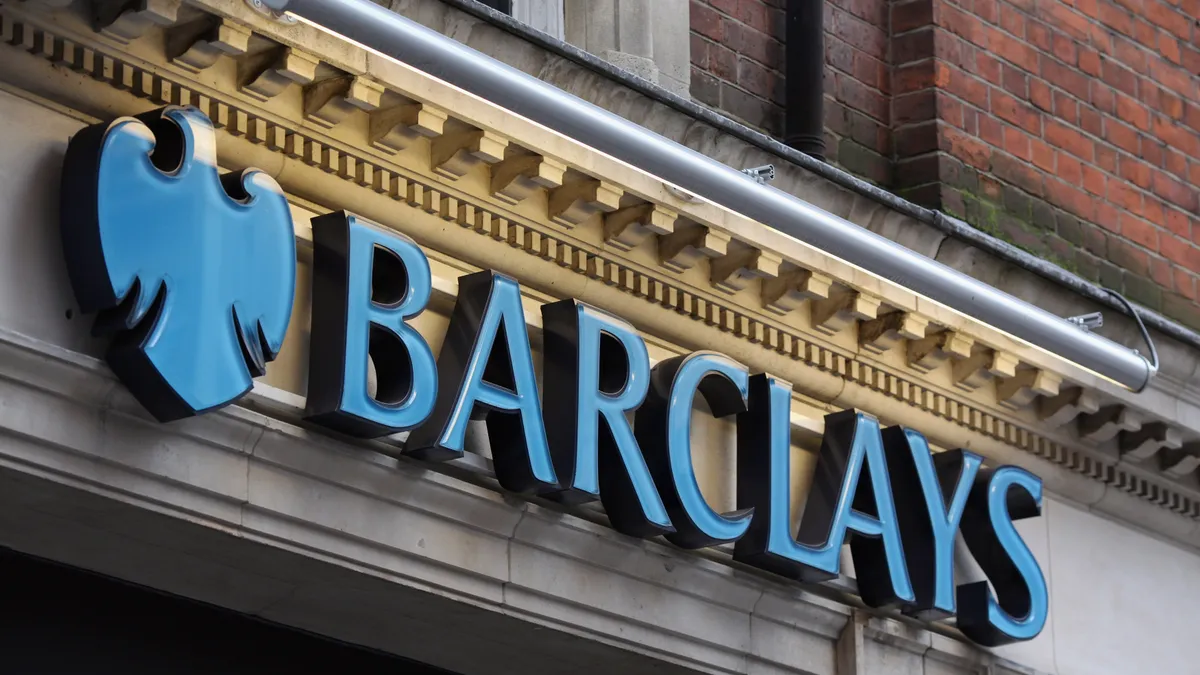Since the start of COVID-19 pandemic, a yearly warning about office attendance — usually issued around Labor Day — has become somewhat of a rite of passage for bank employees. The early September holiday, unofficially marking the end of summer in the U.S., served as a benchmark in 2020 for banks trying to calibrate their initial return to office.
As years progressed, the holiday became a time around which banks’ front offices would state their case on the benefits of face-to-face collaboration. More aggressive banks simply dropped the requirement for employees to show proof of vaccination against COVID, mirroring guidance from New York City.
Last year, banks offered loaded “reminders” of in-office attendance policies — or “letters of education” threatening disciplinary action against employees who flout office attendance rules.
If in-office hardliners were looking for a way to prod employees back to their desks, one may have fallen in their laps: The Financial Industry Regulatory Authority’s temporary easing of workplace monitoring, launched early in the COVID era, is sunsetting in the coming weeks. And even banks with a reputation for flexibility are ringing the end-of-recess school bell.
Citi is requiring roughly 600 U.S.-based employees — who had been eligible for remote work — to come back to the office full time, the bank told Bloomberg in a statement Thursday.
Barclays, starting June 1, will require thousands of investment-banking employees worldwide to spend their workdays either in the office or traveling to see clients, citing “new regulatory policies,” according to a memo seen Thursday by Bloomberg.
“Being together in the office drives innovation, collaboration and a stronger culture,” Cathal Deasy and Taylor Wright, Barclays’ co-heads of investment banking, wrote Thursday, adding that group heads can give employees occasional flex working when needed.
“We remain committed to flexible working and we recognize that there will be times when you will need to work from home,” Deasy and Wright wrote.
HSBC, meanwhile, is discussing workplace options with about 530 (roughly half) of its New York City-based employees and trying to allow as many employees to work from home as possible, Mabel Rius, the bank’s head of human resources for the U.S. and Americas, told Bloomberg.
“We will adjust to the FINRA rules. We will make sure whoever needs to be here five days a week will be here five days a week, but I don’t want to decree people coming back,” Michael Roberts, HSBC’s CEO for the US and Americas, told Bloomberg. “I want them to come back because they want to come back and they feel productive and they feel good about it.”
HSBC appears not to be suffering for lack of office attendance.
“Today, our overall attendance levels are 80%,” Roberts said Thursday of the bank’s New York in-office presence. It doesn’t hurt that HSBC officially opened its new Hudson Yards office Thursday.
The bank began relocating staff there in February, Reuters reported, and has seen its New York office attendance double since then, Roberts told Bloomberg.
“We’re running out of space very quickly, and in fact we just took some additional space in this building,” he said.
The bank is set to move traders there in June, according to Reuters.
To satisfy FINRA’s rules, some bank employees’ home offices would have to be listed as “residential supervisory locations.” And the regulator has established a pilot program for remotely inspecting those sites every three years starting in July, according to guidance on FINRA’s website.
“There is no rule requiring registered persons to work from an office five days a week,” Kayte Toczylowski, FINRA’s head of member relations and education, told Bloomberg.
Regulated firms can continue allowing employees to work from home as long as they comply with the rules, she said, adding, “I understand this is a time-consuming exercise.”
But for some banks, the cost of compliance may outweigh the benefit to the company of employees working remotely.
From looking at FINRA’s guidelines, Deutsche Bank executives, for example, expect they can comply and see limited impact on its remote-work policy, a person with knowledge of the situation told Bloomberg.
Deutsche, though, is also one of a handful of banks that has tightened its in-office requirements this year — mandating that, starting in June, managers must come into the office four days a week, and all other staff must come in at least three. Additionally, the bank is barring employees from taking a remote-work Monday following a remote-work Friday.
Truist, too, will require its investment bankers to work from the office every weekday beginning June 1. And the company’s hybrid employees — the majority of Truist’s workforce — must work in-office four days a week starting this fall.
Despite all of this, FINRA’s Toczylowski said banks’ move toward in-office decrees goes against the spirit of the guidelines.
“The FINRA rules are actually intended to give firms more flexibility, not less, and to allow registered folks to work from their homes,” she told Bloomberg.














